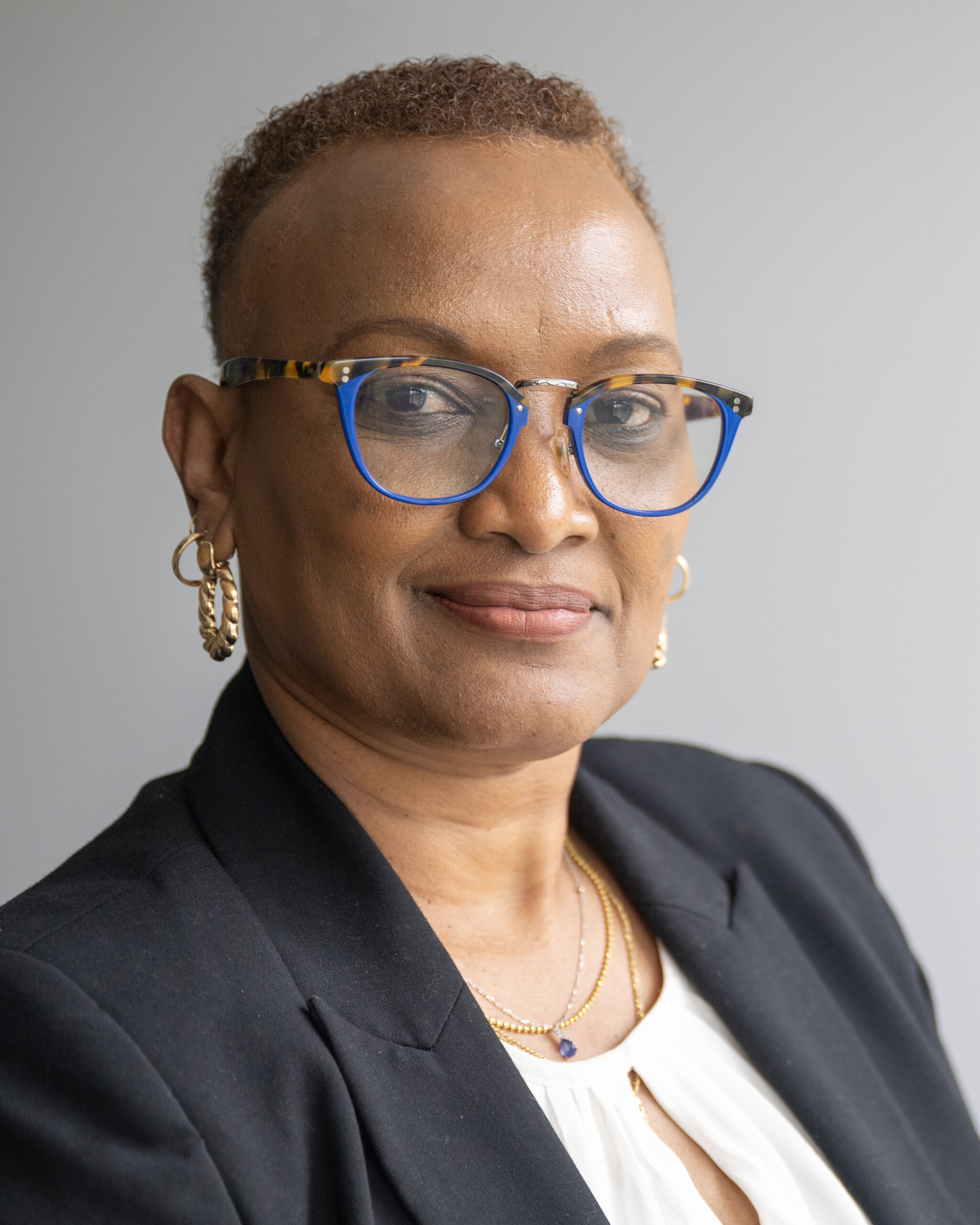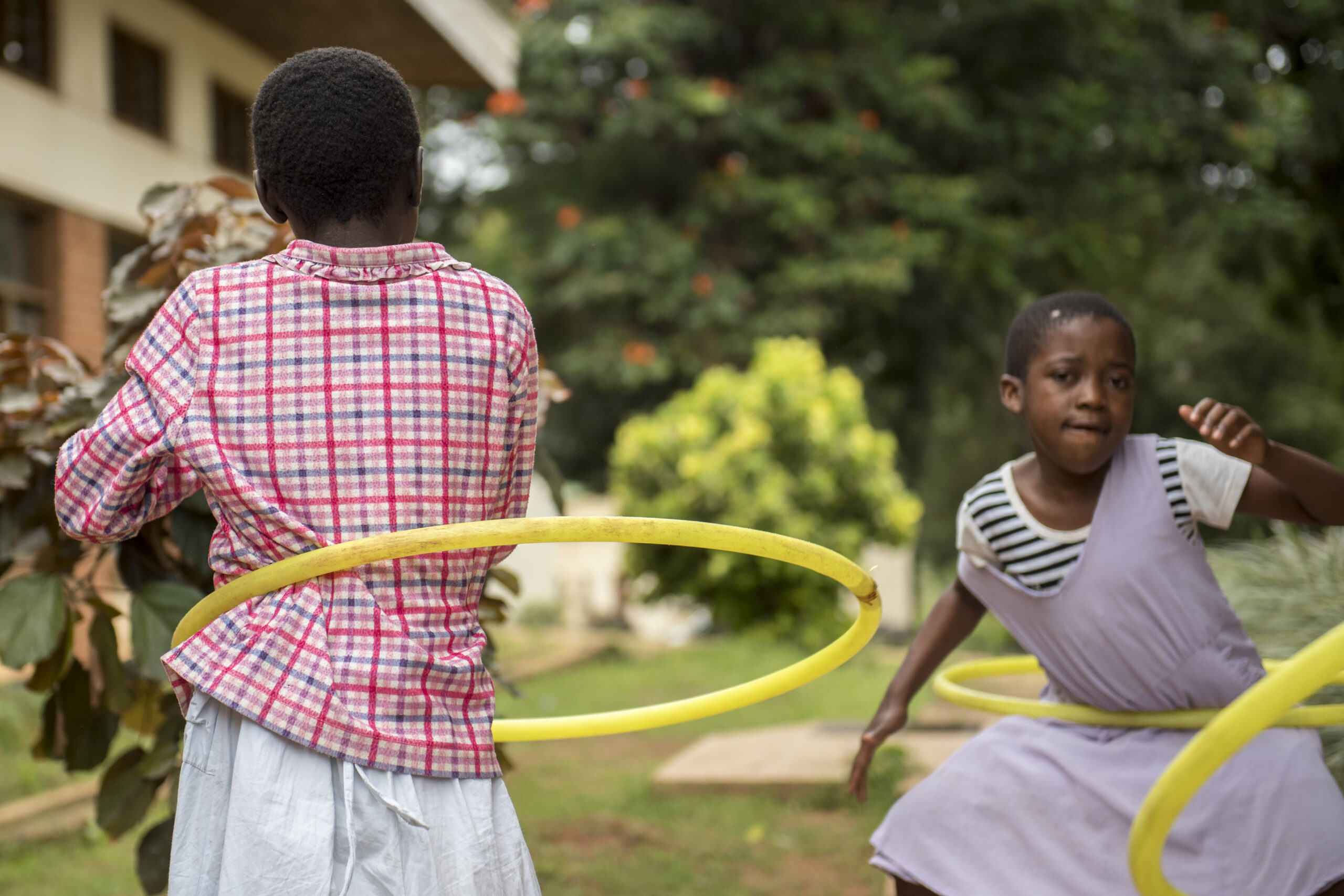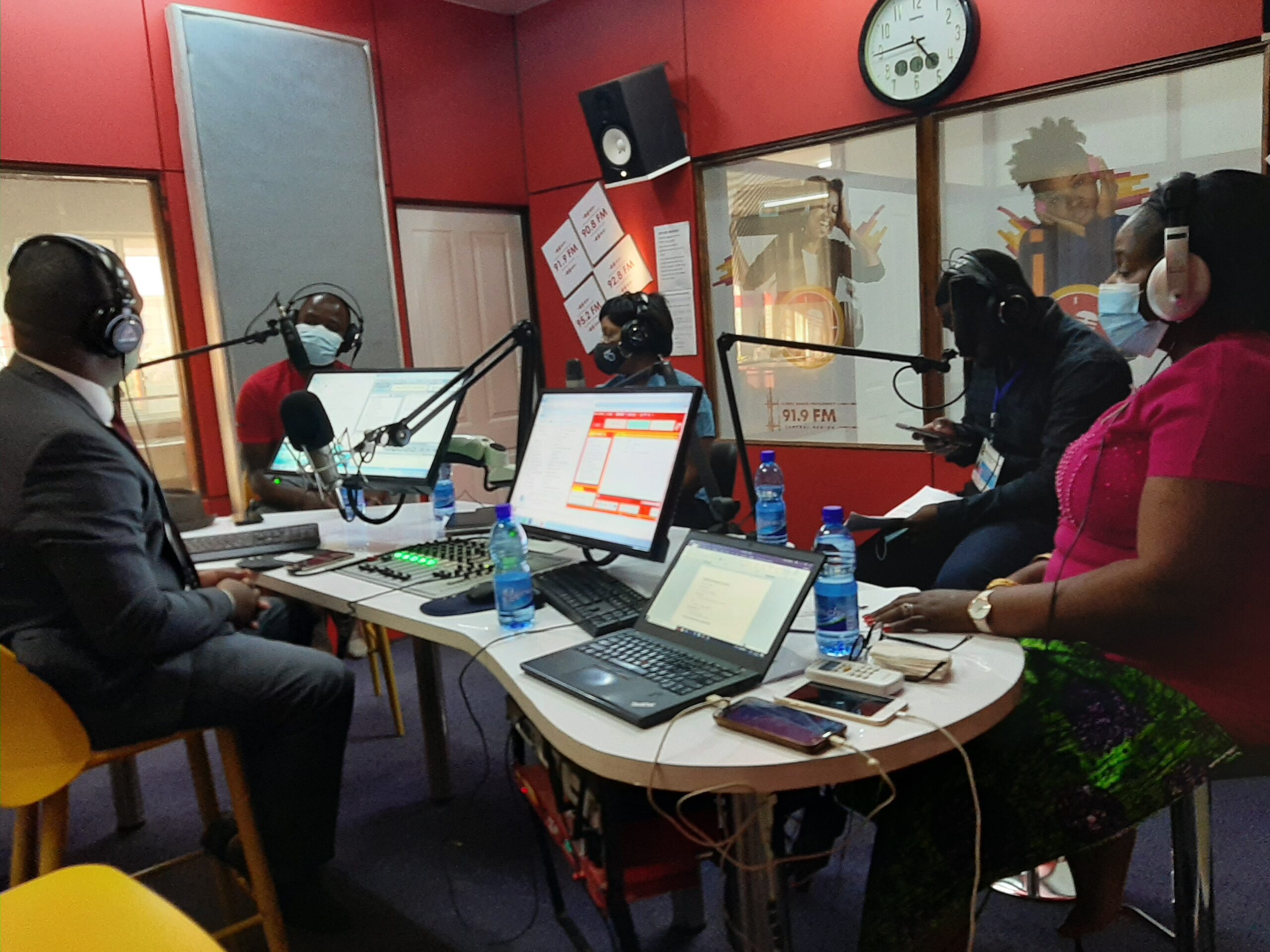Mike McCune, M.D., is a member of the Elizabeth Glaser Pediatric AIDS Foundation (EGPAF) board of directors and head of the Division of Experimental Medicine at the University of California San Francisco (UCSF). A groundbreaking researcher and longtime advocate, he was one of the first winners of the Elizabeth Glaser Science Award (EGSA) in 1996. We sat down with Dr. McCune and his youngest daughter, Emma, to learn about how they are making the effort to end AIDS in children a family affair.
Mike McCune, M.D., has been immersed in the AIDS epidemic since the early days, beginning with his medical internship at San Francisco General Hospital in 1982.
“The first decade of the AIDS epidemic was marked by total devastation. In my hospital alone, 10,000 people died, and the medicines that we provided did little to turn the tide,” he remembers.
But rather than be discouraged, Dr. McCune was motivated to help AIDS patients through both research and advocacy.
“I was totally drawn in by the drama of the moment, the dedication of care providers at all levels of the hospital, and, not least, by the commitment of the entire community to help those who were ill—and to figure out ways to both prevent and to reverse disease.”
Through his research work in the late 1980s, Dr. McCune developed a small animal model to help create therapies to control HIV. This research, which included examining mother-to-child transmission of HIV, brought Dr. McCune directly into a new realm of research and advocacy: ending AIDS in children.
As Dr. McCune’s work progressed, so did efforts to curb the pediatric HIV epidemic in the United States and worldwide.
“I was invited to a Pediatric AIDS Foundation think tank in the early 1990s. That's where I first met Elizabeth Glaser, Susan DeLaurentis, and Susie Zeegen, EGPAF’s co-founders. I was immediately captivated by their smarts, their eloquence, their energy, and their passion,” says Dr. McCune.
“It was easy to see that there was a dire need to figure out how to stop mother-to-child transmission of HIV, and that this work was at the crux of containing the exploding epidemic around the world. I fell in love with these women and their organization, and I've been working with them—and in honor of them—ever since.”
Fortunately the work of Dr. McCune and other researchers, coupled with advocates like Elizabeth, Susie, and Susan, did yield successful results. By 1994, a trial at the National Institutes of Health (NIH) confirmed that mother-to-child transmission was preventable and recommendations for prevention of mother-to-child transmission of HIV (PMTCT) services became universal in the United States.
“EGPAF took those recommendations and moved them across the world, saving millions of babies from the disease,” says Dr. McCune.
Today, EGPAF operates in more than 7,000 sites in 15 countries worldwide and has reached more than 20 million women with services to keep them from passing HIV to their babies.
Making a Difference as a Family
Dr. McCune isn’t the only member of his family committed to research and advocacy to end the AIDS epidemic.
“Growing up around my dad and his work, I've always been surrounded by a deep fascination for microbiology and immunology,” shares Dr. McCune’s youngest daughter, Emma. “This fascination developed even further during high school as I learned more about it. My dad started to talk about his work to me and helped me to realize the beautiful complexity of the immune system and its interactions with the HIV virus.”
Emma is an undergraduate at the University of California Los Angeles (UCLA). She is actively involved in the Pediatric AIDS Coalition (PAC) at UCLA and its annual Dance Marathon event that supports EGPAF’s work.
“I first got involved in PAC and Dance Marathon at UCLA because it seemed like it would be a really fun time with a great group of people doing something good! Dance Marathon is a huge UCLA tradition. Some consider it to be a rite of passage for all UCLA students: everyone has to do it at least once.”
EGPAF partners with more than 60 collegiate programs across the United States to raise money for the effort to end AIDS in children.
“I've come to realize that all of the hard work that goes into Dance Marathon, both on and off of the dance floor, makes a profound difference in the lives of individuals infected with or affected by HIV/AIDS around the world,” says Emma. “Just last year, the UCLA Dance Marathon raised almost half a million dollars for our three main beneficiaries: EGPAF, Project Kindle, and the UCLA AIDS Institute.”
Emma’s commitment to an AIDS-free future goes beyond Dance Marathon. Inspired by her father’s research and advocacy work with EGPAF, Emma plans to take her own path to help end the AIDS epidemic.
“My earlier fascination for the microbiology of HIV was soon replaced by a desire to learn more about its epidemiology. So, while my dad works to find a cure in the lab, I've been inspired to fight the epidemic in the streets, providing treatment to at-risk communities and developing strategies to preventing transmission.
“I hope to spend some time in areas around the world, such as sub-Saharan Africa, that are most heavily affected by HIV/AIDS. I want to work on the front lines, treating people in clinics and in hospitals. I also hope to understand the social, cultural, political, and structural problems that cause the spread of the epidemic, and to then develop strategies to eliminate these problems, and ultimately eliminate the spread of disease.”
Creating an AIDS-free Future
Much progress has been made to end AIDS in children. Worldwide, the number of pediatric HIV infections has fallen by 58 percent.
“The painful particulars of the AIDS epidemic will hopefully never again arise in the lifetime of my daughters,” says Dr. McCune.
“We have finally come to a point in our knowledge about this disease that we are actually using the ‘cure’ word. It has been remarkable to have the opportunity to live through this arc of history, moving from a place where everybody died to one in which both prevention and cure are the dominant hopes of the day.”
However, every day almost 700 babies become newly infected with the virus because their families lack access to the services needed to keep them HIV-free. The hard work of the McCunes and other advocates around the world must continue.
At EGPAF, our teams are working in the field, conducting research, and advocating every day to help make dreams of an AIDS-free future a reality. But we can’t do it alone; we need supporters like Dr. McCune, his daughters, and young people around the world to join our fight.
“We students have much more potential than we realize to make a difference: not only do these fundraising events raise a significant amount of money for the cause, they also help to raise awareness about the importance of the fight against HIV/AIDS,” says Emma.
“I think there's a difference between simply donating to an organization and actually participating in Dance Marathon. The literal fight to stand the entire 26 hours instills a deep-rooted passion for the cause that can carry into the future. I've seen this passion drive the career paths of many Dance Marathon alums, so that they are now working to save lives and end the pediatric AIDS epidemic.”
“There is an underlying desire to serve, to help, and to bring comfort to those around us. In each of their own ways, I know that my daughters are living their lives like this now—and I am proud of them for that,” says Dr. McCune.
In 2015, Dance Marathon students are even more motivated to be UP 4 THE FIGHT! The Elizabeth Glaser Pediatric AIDS Foundation will reward the top fundraising dancer of the UP 4 THE FIGHT Dance Marathon program with a trip to see his or her dollars hard at work at one of EGPAF’s sites in sub-Saharan Africa.
You can read even more about Dr. McCune and his groundbreaking research to end the AIDS epidemic in this recent article in the New Yorker.
To learn more about EGPAF’s UP 4 THE FIGHT Dance Marathon programs and to get involved visit www.UP4THEFIGHT.org.




